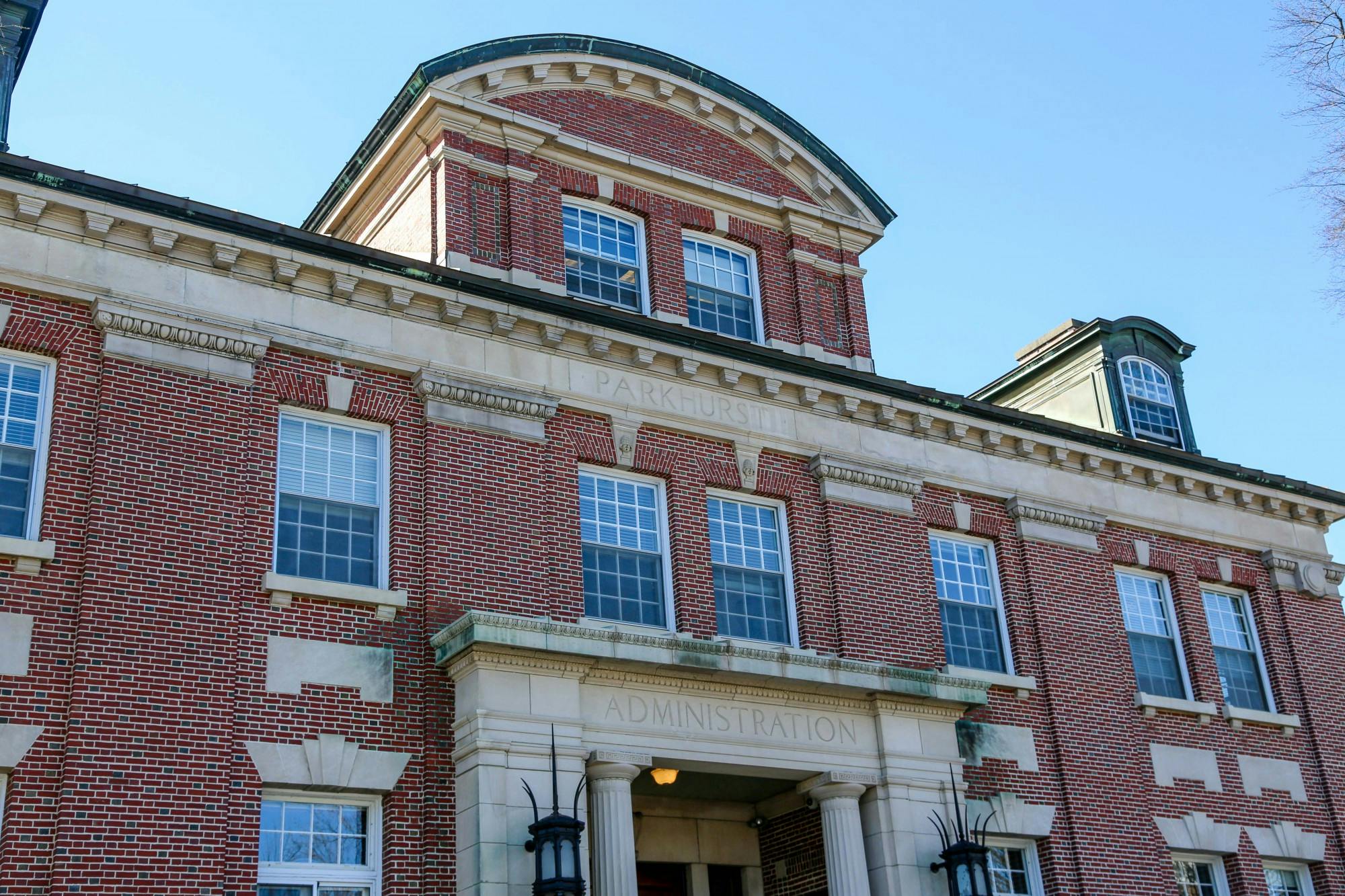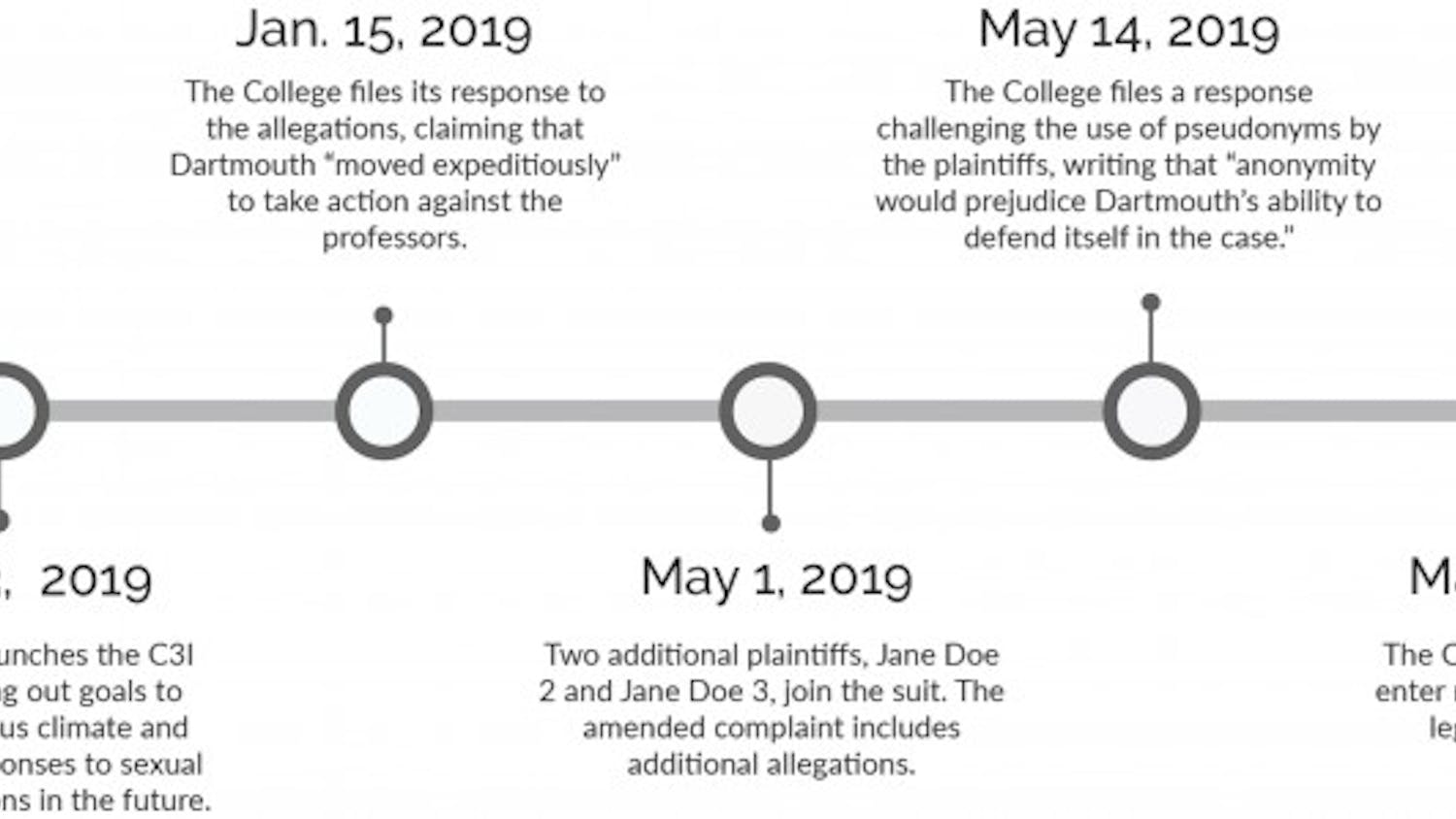In response to the joint statement from the Board of Trustees and College senior leadership on taking steps to address systemic racism at Dartmouth, a group of Black Dartmouth alumni penned a letter and started a petition on July 3 calling for “anti-racist campus-wide work and deliberate actions.” The petition has garnered upwards of 1,500 signatures as of July 16.
On July 1, the College announced in a joint statement with the trustees and senior leadership that it would take actions to address institutional racism at Dartmouth. One of the main announcements in the statement was the promotion of the next office of institutional diversity equity director — who has not been announced yet after the retirement of Evelynn Ellis — to vice president and chief diversity officer, a more senior position. The announcement also pledged to implement mandatory implicit bias training for all Dartmouth students, faculty and staff and provide students of color with greater access to therapists of color.
The petition is calling for an increase in the ratio of Black students and faculty members at Dartmouth. Additionally, the petition requests the allocation of more funds to support research on the history of Black students at Dartmouth and the establishment of campus academic institutions that study slavery and justice.
Wallace Ford ’70, who signed and supported the petition, said he recognized that the College is supporting the concepts of racial justice addressed in the Black Lives Matter movement, and he believes that the petition will help “[translate] the support for concepts into specific [institutional] actions.”
“Any of us can support whatever may be,” Ford said. “But until we take [tangible] actions, it’s just rhetoric.”
Maria Cole ’84 said an “informal” group of Black alumni started the petition when they didn’t see any “tangible” actions from the College administration in the wake of the killing of George Floyd. She noted that the group felt “a sense of urgency” to speak out about issues of systemic racism and the campus climate at Dartmouth.
Tyrone Byrd ’73 said that while he was working on the Black Experience at Dartmouth Ad Hoc Committee, he and his peers wanted to develop a “very precise” letter that addressed issues with racism at Dartmouth. He emphasized that the petition is written to set up a clear communication channel with the College.
“[The purpose of the letter is] to develop a formal, preferably ongoing, dialogue with the College leadership to promote and solve for institutional changes on race at Dartmouth and the top priorities outlined in the published BLM letter,” Byrd said.
According to Cole, while the petition was started and is led by Black alumni, it has received support from non-Black communities. She noted that the petition has been circulating on LinkedIn, in the Women of Dartmouth Facebook group and certain affinity groups such as Native Americans at Dartmouth.
Ford said the demand to increase the number of Black students and faculty members at the College to 13 percent of its total respective population within five years reflects the composition of the Black population within the United States.
“If Dartmouth is going to be part of some kind of systemic change, then it should start to look like what America looks like,” he said.
Cole said she believes the proposals put forward in the petition are “smart goals” that are “time-based, relevant, specific, measurable and assignable.” Ford said that while the statements sent out by Hanlon are “aspirational,” it is the responsibility of Dartmouth Black alumni to “turn those aspirations into actions.”
“I don’t think it’s within the realm of reality that [Hanlon] could propose the specific actions that we listed,” Ford said.
The petition also asks the College to provide more funding to the E.E. Just program, which seeks to increase the number of underrepresented minorities at Dartmouth pursuing degrees and careers in STEM disciplines.
David Cumberbatch ’84 noted that he realizes that some of the demands raised in the petition potentially require the College to allocate more funds to new and existing programs, but both he and Cole added that budget should not be an impediment to begin the process of addressing racism at Dartmouth.
“It shouldn’t be driven by money because once you do it right by people, the money would come,” Cumberbatch said.
Ford said while certain actions listed in the petition might ask for more budgets, others — such as increasing the proportion of Black students and faculty at Dartmouth — would be “budget-neutral.”
“We have enough Black student applicants,” he said. “So it becomes a matter of will, desire and attitude on the part of the College [to admit more Black students].”
According to Ford, the group has reached out to the Office of the President and the Board of Trustees and are waiting for a response from the College to start “ongoing dialogues” that are “focused on solutions and strategies.”



